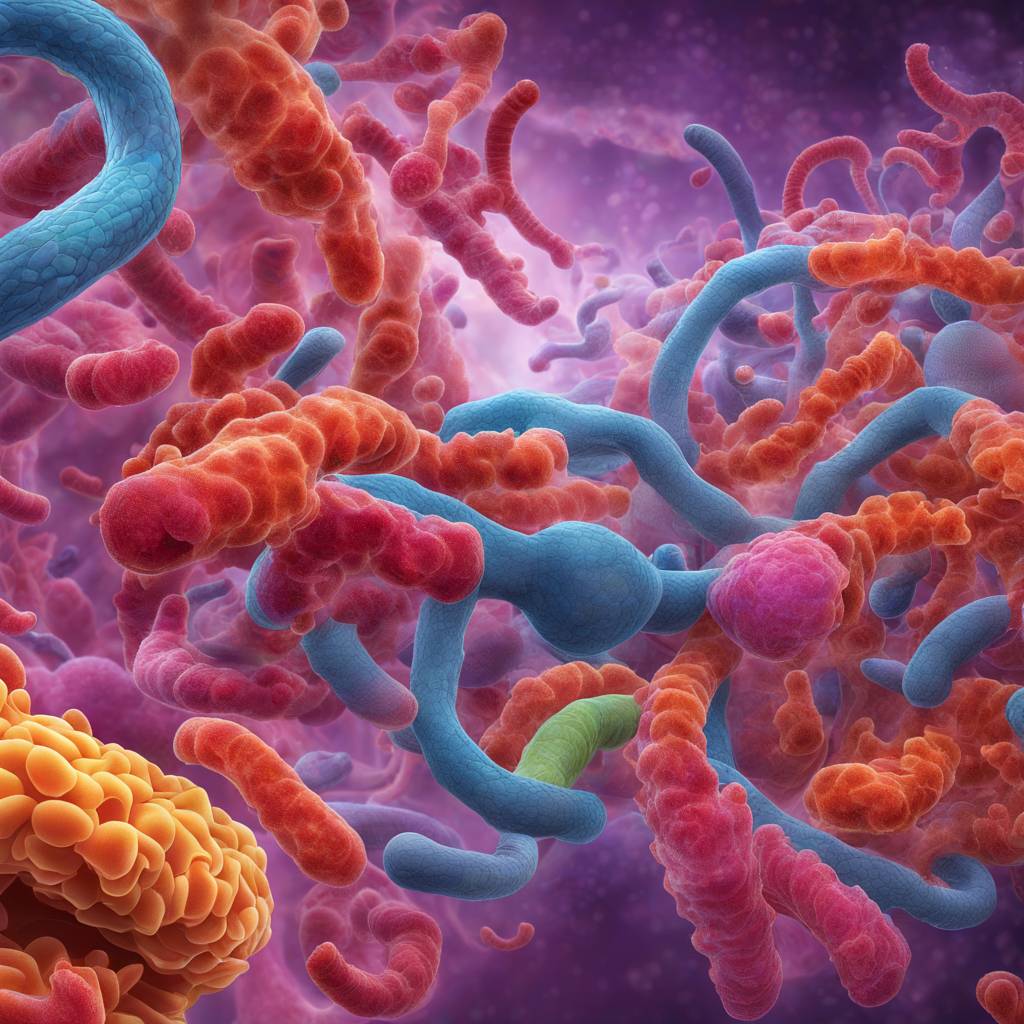Inflammatory bowel disease (IBD) encompasses two chronic gastrointestinal conditions, ulcerative colitis and Crohn’s disease, both characterized by inflammation of the gut. Symptoms include nausea, diarrhea, abdominal pain, fatigue, and irregular menstrual cycles, significantly impacting quality of life. IBD affects millions of people worldwide, with around 2 million adults in the United States and 131,000 individuals in the United Kingdom estimated to have the condition. However, IBD is often underdiagnosed due to symptoms that overlap with other chronic conditions, leading to delays in receiving the correct diagnosis.
Research has shown that individuals with IBD have unique characteristics in their gut microbiome, the community of bacteria and microorganisms in the gastrointestinal tract. Specific bacterial species found in the intestines of people with IBD, such as Allobaculum mucilyticum and Allobaculum fili, may offer insights into the underlying mechanisms of the condition and potential new treatments. Understanding the role of the gut microbiome in IBD is crucial for developing more effective therapies that target the root cause of the disease, beyond managing symptoms with lifestyle interventions.
In a recent episode of the In Conversation podcast, Dr. Marcel de Zoete, an associate professor in the Department of Medical Microbiology at UMC Utrecht, discussed his research on the gut microbiome in IBD. His study identified previously unknown bacterial species in individuals with IBD, shedding light on the complex interactions between gut bacteria and the immune system in the development of the disease. Zosia Krajewska, who lives with ulcerative colitis, shared her experience of managing the condition through a combination of dietary and lifestyle changes, alongside medical treatments, highlighting the importance of personalized approaches to IBD management.
Dietary factors have been implicated in the exacerbation of IBD symptoms, with studies suggesting that high-fiber diets and ultra-processed foods may worsen the condition. Conversely, following a healthy diet and lifestyle has been shown to potentially reduce the risk of developing IBD. Researchers are also exploring innovative treatments for IBD, such as harnessing immune cell activity in the gut to modulate inflammation and investigating fecal microbiota transplantation as a way to introduce beneficial bacteria into the intestinal tract of individuals with gastrointestinal disorders. These emerging therapies offer promising avenues for improving outcomes in IBD patients and addressing the underlying mechanisms of the disease.
Despite advances in understanding the role of the gut microbiome and immune system in IBD, challenges remain in accurately diagnosing the condition and developing effective treatments. Improved awareness of IBD symptoms and risk factors, along with personalized approaches to disease management, are essential for improving outcomes for individuals living with ulcerative colitis and Crohn’s disease. By further exploring the intricate interactions between gut bacteria, the immune system, and dietary factors, researchers can continue to uncover new insights into the underlying mechanisms of IBD and develop innovative therapies that target the root cause of the disease.













